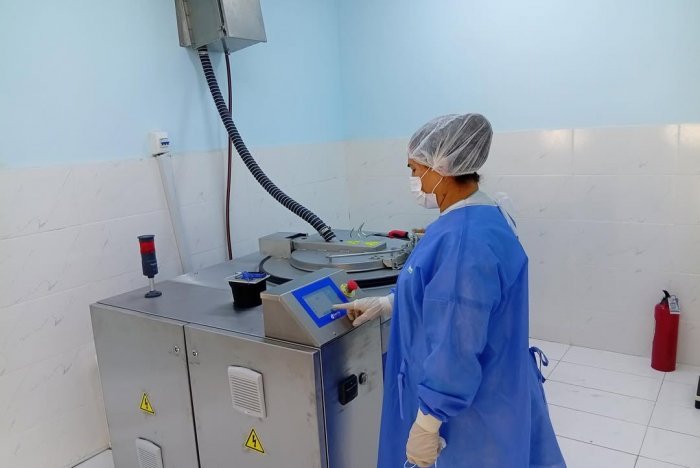Madrid, August 31, 2025 — The Europe Today: An international team of Belgian and American researchers has discovered a strong link between mutated blood cells and a heightened risk of heart inflammations, specifically myocarditis and pericarditis.
The study found that clonal haematopoiesis of indeterminate potential (CHIP)—a process in which mutated blood cells accumulate—raises the likelihood of developing these conditions by nearly 75%.
The findings are based on an analysis of more than 335,000 adults from the UK Biobank, spanning 14 years, in which 382 participants were diagnosed with myocarditis or pericarditis. These rare but serious conditions affect about 5 to 10 in every 100,000 adults annually and can lead to heart failure or life-threatening arrhythmias.
Researchers noted that CHIP, more common in older adults, occurs when white blood cells responsible for regulating inflammation undergo genetic mutations and proliferate uncontrollably. While CHIP had previously been linked to heart rhythm disorders, the new findings show a much stronger association with heart inflammations.
“The link between CHIP and heart inflammation is far stronger than with other heart diseases previously associated with CHIP,” said Art Schuermans, a medical student at KU Leuven, who collaborated with experts from Harvard Medical School and the Broad Institute of MIT and Harvard.
He added that since CHIP originates in white blood cells, it may directly fuel inflammation in heart tissue, opening doors for new therapies, such as targeted anti-inflammatory drugs.
The findings were presented on 30 August at the annual congress of the European Society of Cardiology (ESC) in Madrid and published in JAMA Cardiology, a leading international journal in cardiovascular research.














